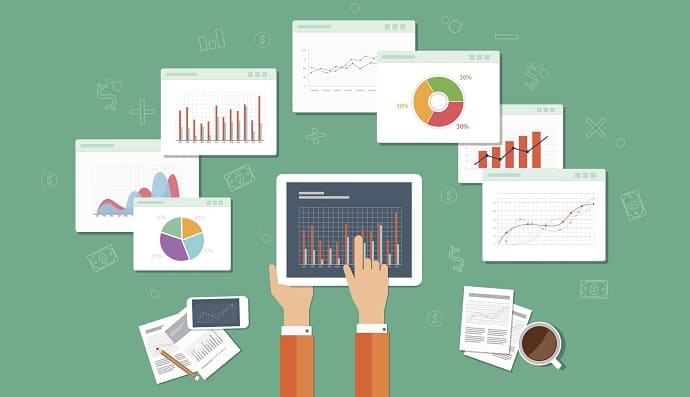The introduction of Electronic Health Record (EHR) systems for the management of healthcare practices has facilitated data collection and retrieval processes within health facilities. This has led to an increase in the amount of patient data generated, which includes: diagnoses, medications, laboratory results, treatment plans, and billing information, amongst others. Effective use of these data supports clinical decision-making, disease surveillance, and public health management at the facility level.
The challenge posed by clinical data processing involves not only the quantity of data but also the difficulty in processing it. Data analytics allows healthcare professionals to manage large amounts of data effectively. Harnessing the value of EHRs through data analytics can lead to additional benefits for patients and healthcare providers. Here are some of the ways data analytics can add value to EHRs in a health facility:
- Improving the quality of healthcare services: EHR data analytics improves the quality of healthcare services by enabling healthcare providers to gain insights from large datasets of patient information. Healthcare professionals can analyse patient data to generate inferences that are useful for informed decision-making; in identifying patients’ needs, risk assessments, introducing new health services, predicting the incidence of diseases, and detecting trends that may lead to improved health status in the community. This leads to personalised treatment plans, optimised resource allocation, and evidence-based decision-making, ultimately enhancing patient care and outcomes.
- Real-time Data for Rapid Responses: Integrating data analytics with EHRs can provide real-time monitoring and alert systems. This capability allows healthcare providers to respond promptly to critical situations, such as deteriorating patient conditions or potential drug interactions.
- Supporting Clinical Research and Trials: Aggregated data from EHRs can be used for modelling and predictive analysis to design better drugs and devices. Researchers can use these data to study disease patterns, treatment effectiveness, and potential adverse reactions, thus contributing to the advancement of medical knowledge.
- Business and management: Healthcare administrators can utilise data analytics to assess hospital workflows and processes, identify bottlenecks, streamline operations, and optimise resource allocation. Insights from data analytics can also identify irregularities in billing and coding practices, which can help detect fraudulent activities and minimise financial losses.
Finally, the sustainability of EHR data analytics requires core approaches, including robust data governance, scalable infrastructure, data quality assurance, continuous training, ethical considerations, and collaborative partnerships. These approaches ensure data integrity, privacy, and security, facilitate data exchange, handle large datasets, maintain data accuracy, comply with ethical guidelines, and foster knowledge sharing.
In conclusion, data analytics can significantly enhance the value of electronic health records in health facilities by improving the quality of healthcare services, facilitating rapid clinical response, and supporting clinical planning and research.
External Links
- https://www.researchgate.net/publication/364266407_Data_Analytics_and_Techniques_A_Review
- https://dmice.ohsu.edu/hersh/hoyt-14-analytics.pdf
- Batko, K., & Ślęzak, A. (2022). The use of Big Data Analytics in healthcare. Journal of big data, 9(1), 3. https://doi.org/10.1186/s40537-021-00553-4



